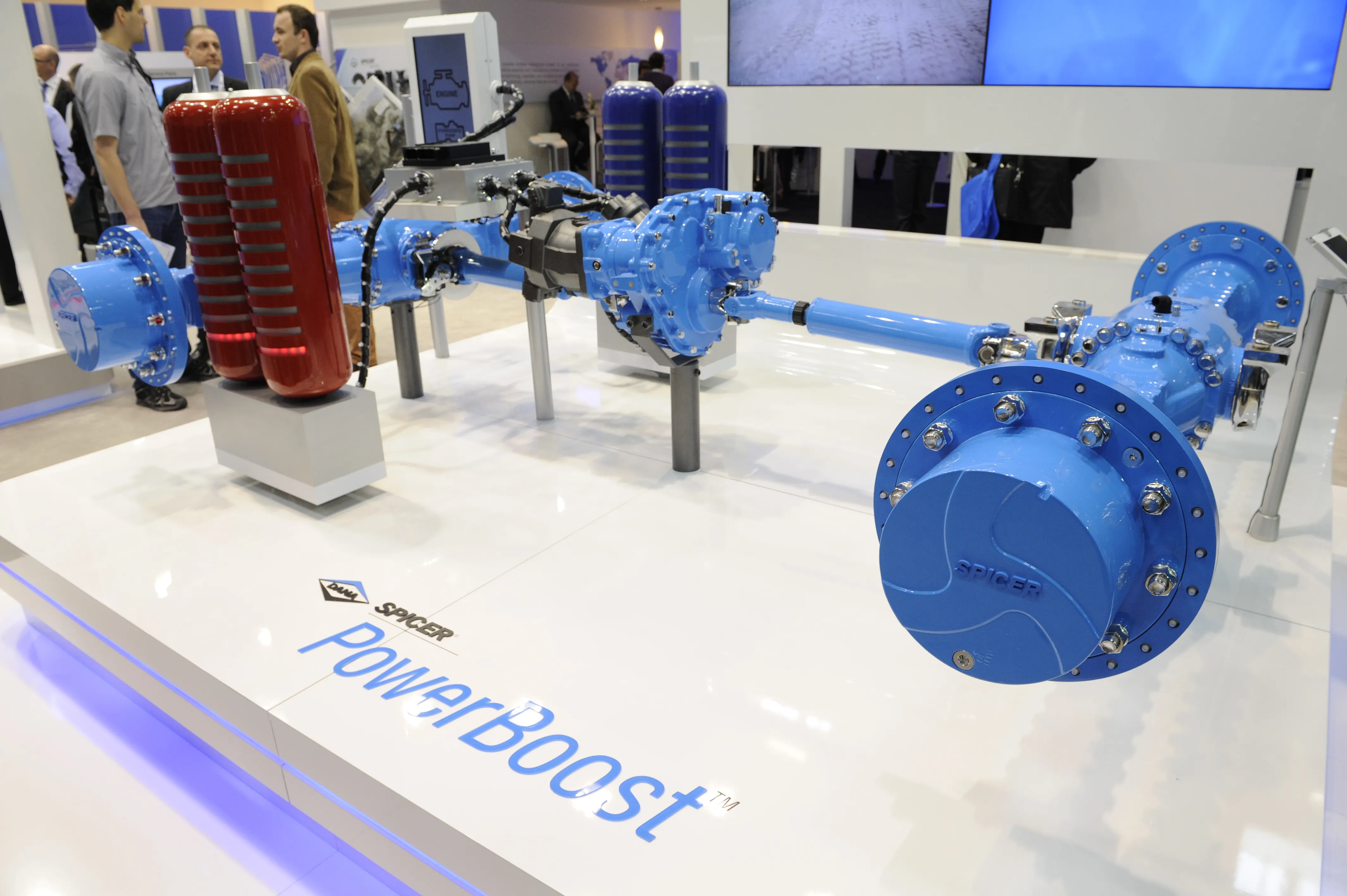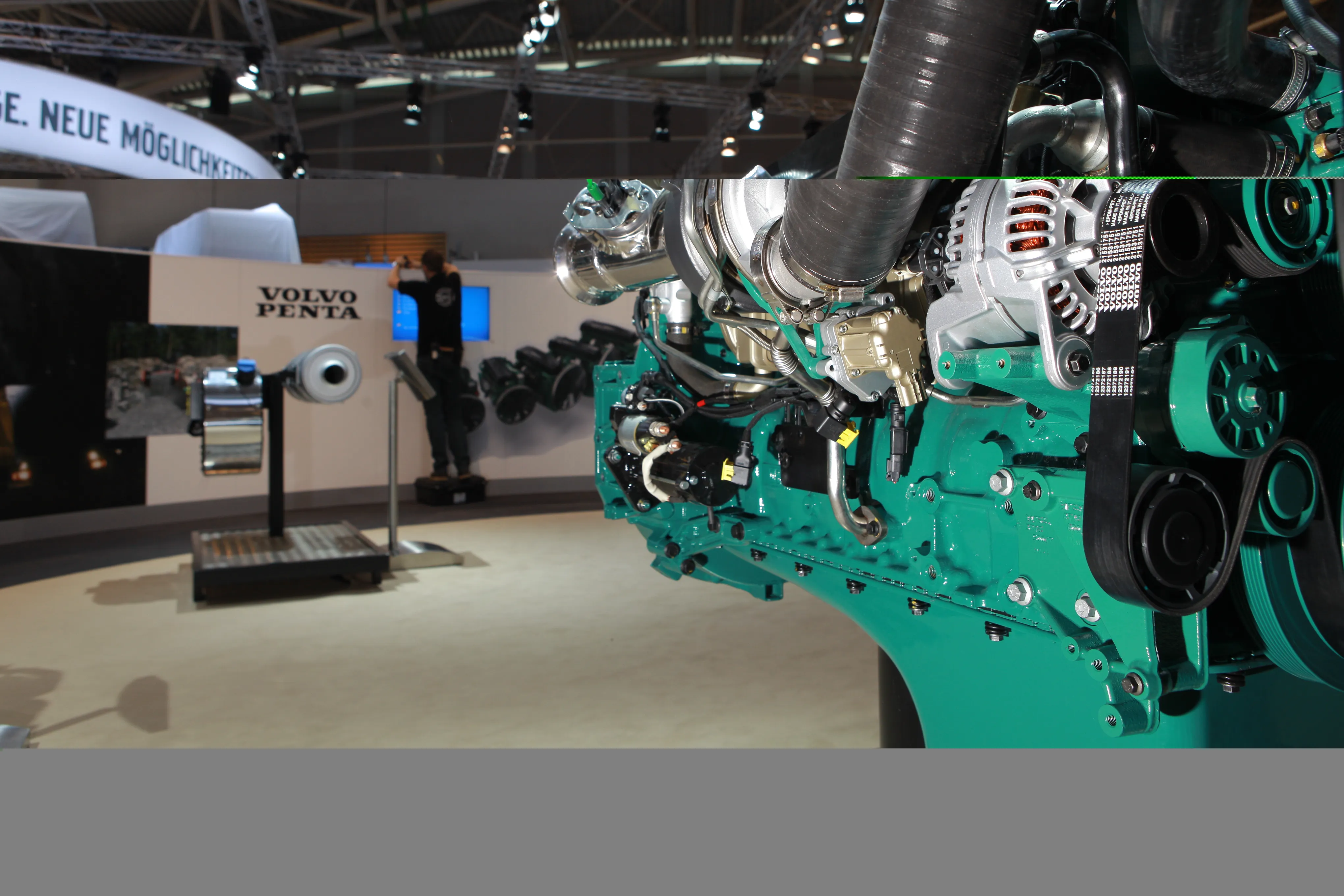Atlas Weyhausen’s new E Series wheeled loaders will be on display at Bauma with the AR 65e, AR 75e, AR 80e and AR95e Super all on view. Using newly developed Deutz engines, the new wheeled loaders offer up to 12% more output with lower fuel consumption figures. A key design feature of the engines is that they do not contain a particle filter and therefore are easier to maintain, claims the German manufacturer. There is a new steering valve on the E Series too, allowing operators to run the machine electroni
January 6, 2017
Read time: 2 mins

There is a new steering valve on the E Series too, allowing operators to run the machine electronically or hydraulically. This new steering valve has been developed in close co-operation with the manufacturer’s long-time partner Linde and it uses a high-flow adjustable hydraulic pump, the MPR50, delivering up to 100litres/min output. The valve is built on modular base in discs and can be set as requested. Load break securities are available as a standard on the lowering and the tilting side. Initially, the steering valve will be available on the AR 65e and the AR 85e.
The Deutz engines feature a start-stop function activated via the accelerator pedal, the joystick or the steering wheel once the driver takes his seat in the cab, and Atlas Weyhausen is hoping for fuel savings of 10-15% as a result.
Stand: F8.808/1
%$Linker:







